Staying Fit
Melissa Etheridge, 62, knew as a teen that she was a lesbian. But when she was growing up in the 1960s and ’70s in Leavenworth, Kansas, being gay wasn’t something that was often spoken about. “It was only whispered, badly, behind people’s backs,” the two-time Grammy Award-winning musician tells AARP.
Speaking out about the spectrum of sexuality and gender identity drives awareness. That awareness is at the forefront for many LGBTQ+ individuals on National Coming Out Day, recognized annually on Oct. 11. The day of observance celebrates the bravery of LGBTQ+ individuals coming out of the closet and living proudly in their full identities.


AARP Membership— $12 for your first year when you sign up for Automatic Renewal
Get instant access to members-only products and hundreds of discounts, a free second membership, and a subscription to AARP the Magazine.
As for her own coming out journey, Etheridge says she never hid any part of her identity. However, she didn’t intend for it to be a watershed moment.

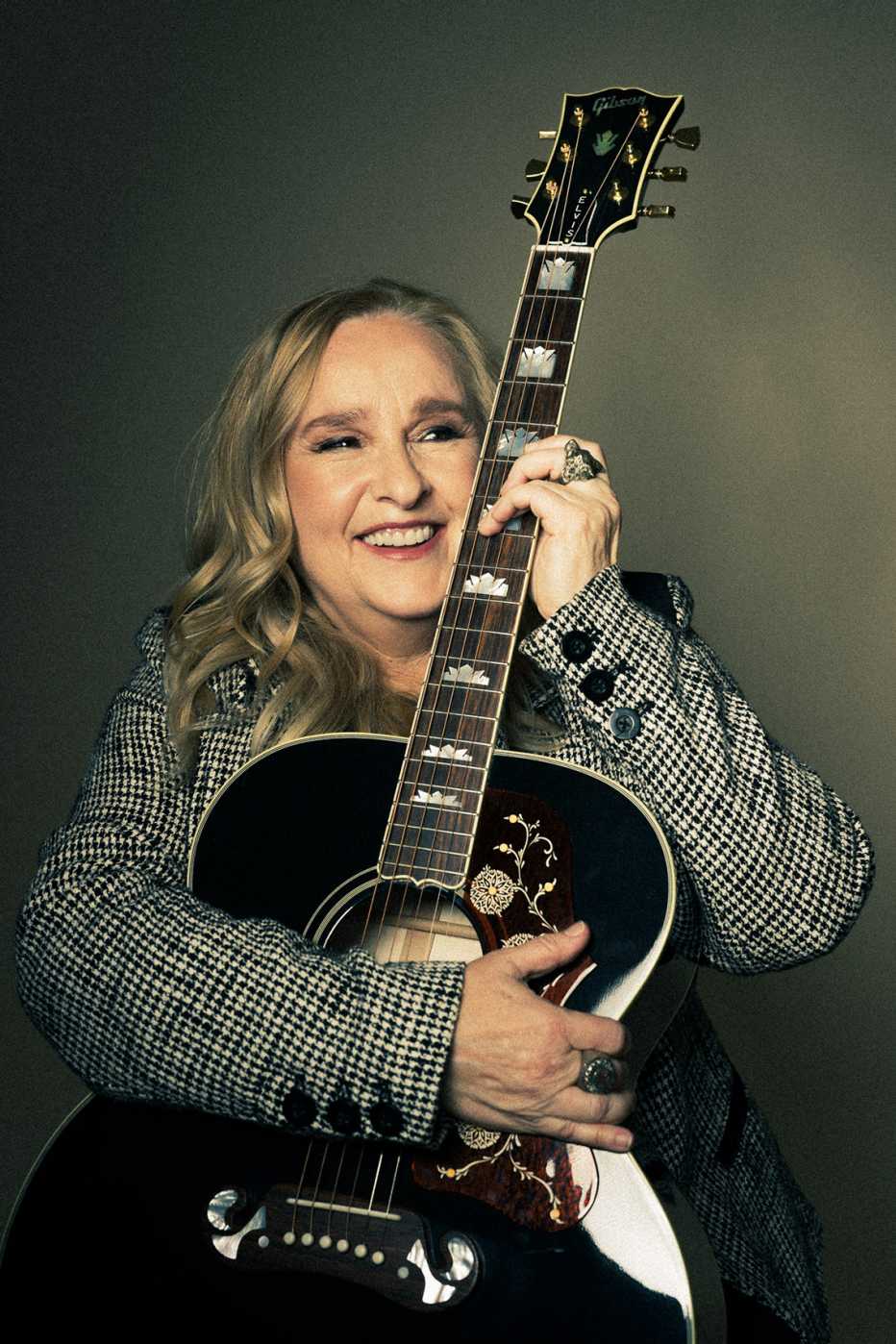
She came out publicly as a lesbian in January 1993 during the Triangle Ball, an LGBTQ+ event celebrating the inauguration of then-President Bill Clinton. That pivotal moment caused her record sales to skyrocket “overnight” from a mere million to 6 million or 7 million, she says, despite her record company’s earlier requests that she not “flag-wave.”
“I never had a plan to be any sort of a gay icon,” she says. “In the early ’80s … it wasn’t an option to come out and think you were going to be a professional.”
Etheridge had come out to her family as a teen. She had a feeling her parents knew. Her father, a high school teacher, had been supportive of her music career, giving her rides to her various gigs and rehearsals, despite his initial warning when she was 8 years old (when she insisted on guitar lessons) that her fingers would bleed. She came out to him when she was around 19. His response?
“Is that it? Is that all? … Oh, OK. I don’t understand it, but as long as you’re happy,” Etheridge recalls him saying. Her relationship with her mother was a bit more strained, but by her early 20s, her parents “had no problem with it whatsoever.”
She never hid her sexuality within her music — she drew inspiration for her songwriting from her love life.





























































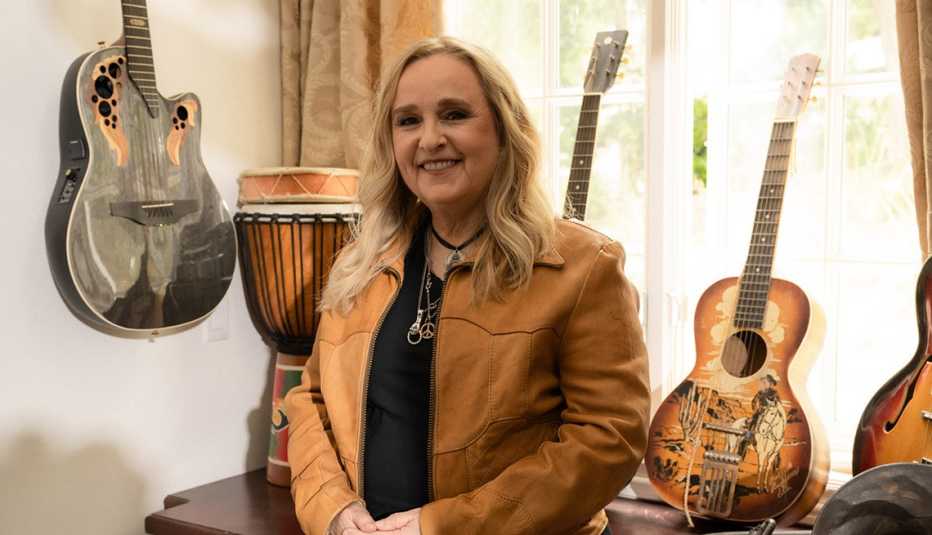


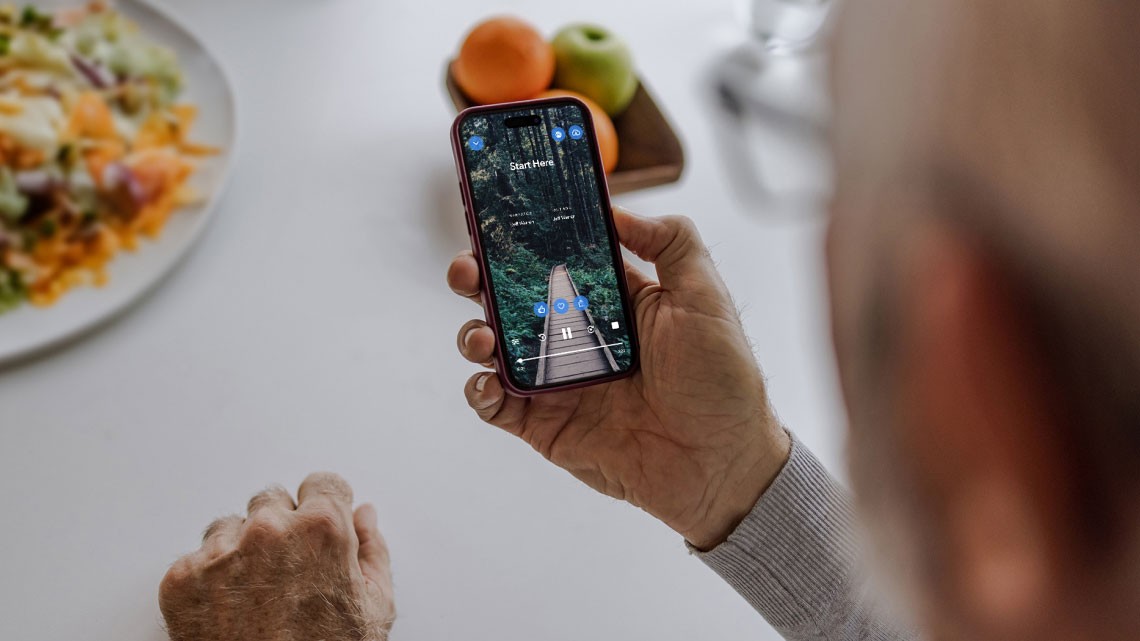
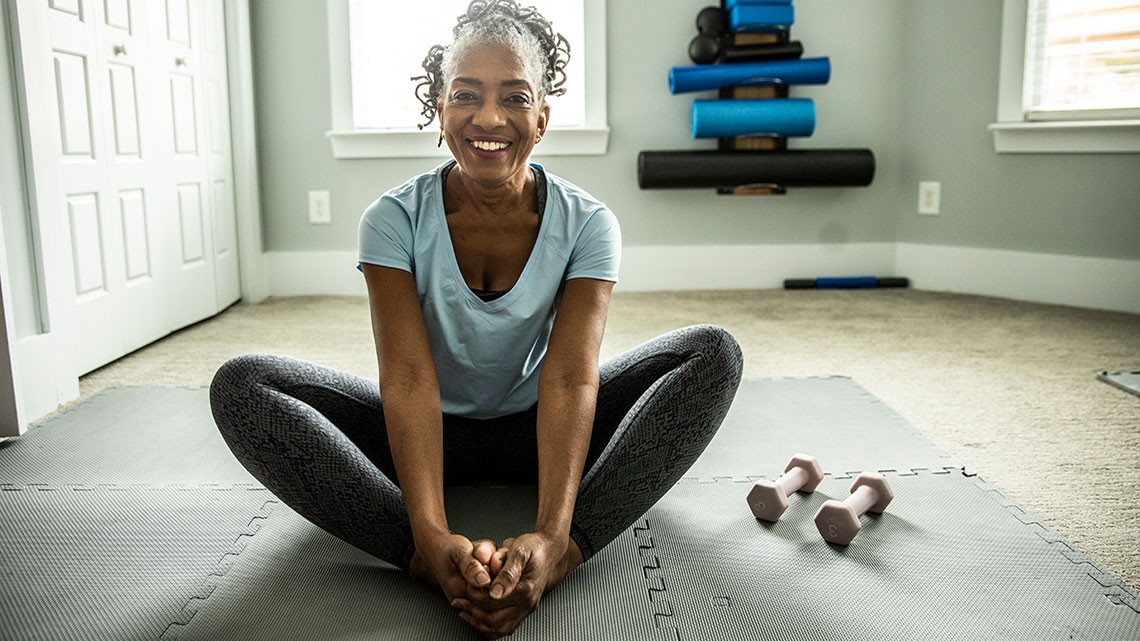
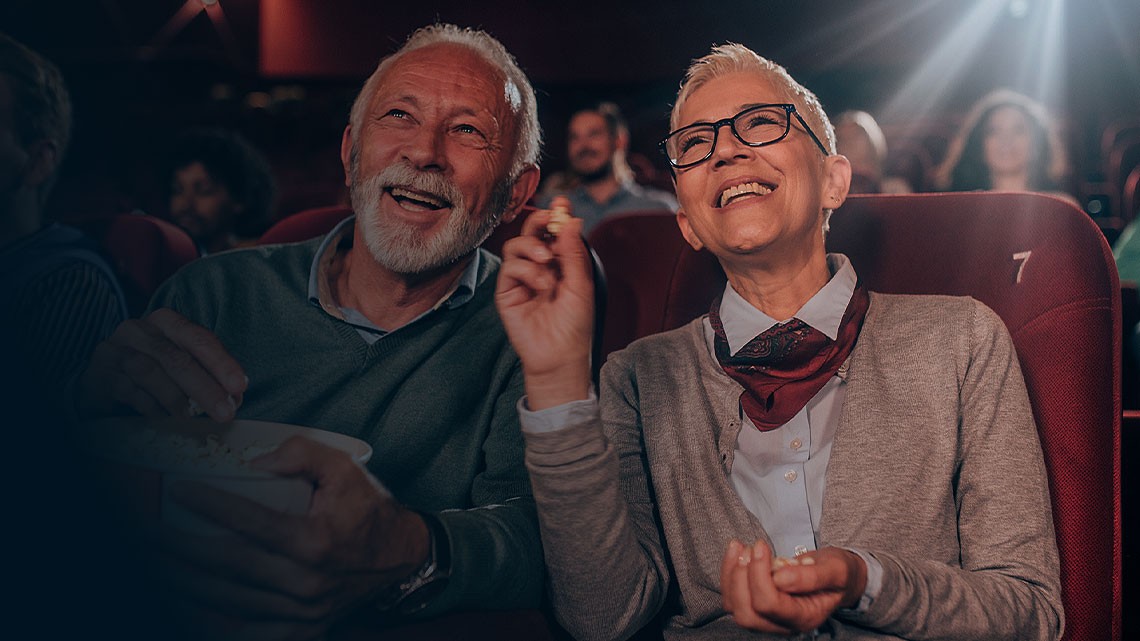

More From AARP
All-LGBTQ Mariachi Band Shatters Stereotypes
The music of Mariachi Arcoiris breaks barriers for performers and audiences
Great LGBTQ Movies to Watch
Tune in to expand your vision and celebrate the diverse world
10 Top-Notch Novels Featuring LGBTQ Characters
Find engrossing fiction that explores gender identity, the meaning of family and more